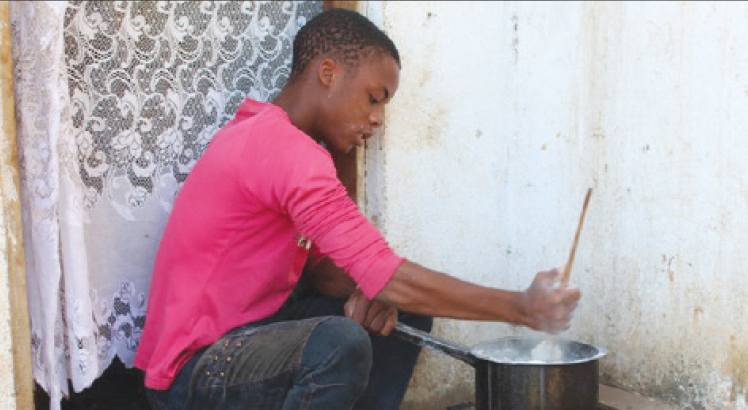Electricity tariff proposal to face scrutiny—mera 
Malawi Energy Regulatory Authority (Mera) says electricity tariff proposal by Electricity Supply Corporation of Malawi (Escom) will have to face the public and other stakeholders’ scrutiny before the authority approves the same.
Mera consumer affairs and public relations manager Fitina Khonje said this in an interview on Wednesday in the view of a proposal by the Escom for Mera to consider a hike in its electricity tariffs.
Khonje, while indicating that the current base tariff was set in 2018 and end next month, could not guarantee an automatic tariff increase for Escom.

“At this point we cannot approve anything because as part of the new base tariff setting, we have to engage stakeholders and consumers to look into this before a decision is made,” she said.
Escom on Monday asked Mera to consider increases in electricity tariffs if the power utility is to survive.
The utility body’s chief executive officer Kamkwamba Kumwenda at a media briefing in Blantyre implored Mera to lobby Parliament to consider an upward adjustment so that operations are not grounded.
He said: “Escom buys electricity from power producers at K140 per kilowatt per hour [kWh], but we sell it at K104 kWh. In addition, independent power producers [IPP] charge us in dollars yet we charge our customers in kwacha.
“Since we are still using the 2018-2022 Base Tariff Schedule, we are making significant losses aggravated by the devaluation of the kwacha.”
But Khonje maintained that Mera has to first publish the base tariff submitted by Escom as well as Power Market Limited (PML) before making a decision.
“We have to hear from our stakeholders and consumers, too. This is a rigorous process requiring detailed scrutiny of the submission from the electricity supply industry and feedback from consumers,” she said.
Consumers Association of Malawi (Cama) executive director John Kapito said in an earlier interview that an electricity tariff hike will hurt consumers at a time the cost of living is rising, adding that this will trigger price increases as production costs will go up.
He said: “This creates a lot of confusion at a time when we thought Escom is performing poorly due to the prolonged blackouts.
“No one expected a reward; we all know that Escom has failed to meet the agreed key performance indicators.”
Under the 2018-2022 Escom Base Tariff Schedule, Mera in October 2018 approved a 31.8 percent base tariff for the four-year period.
The implementation of the base tariff was segmented into four annual tranches of 20 percent, 7.2 percent, negative 3 percent and 10 percent tariff adjustments for the first, second, third and fourth years in that order.
The 20 percent tariff increase for the first year translated into an average tariff hike of K88.02 per kWh up from K73.23 per kWh.
In February 2020, Escom qualified for 1.65 percent instead of 7 percent based on performance on the agreed KPIs. Mera awarded a further 5.63 percent based on the Automatic Tariff Adjustment Formula, making a total of 7.28 percent tariff adjustment.
On the other hand, the planned 3 percent tariff reduction of the base tariff in the third year was premised on the planned decommissioning of the Aggreko diesel generators which added 78 megawatts (MW) to the national power grid.





